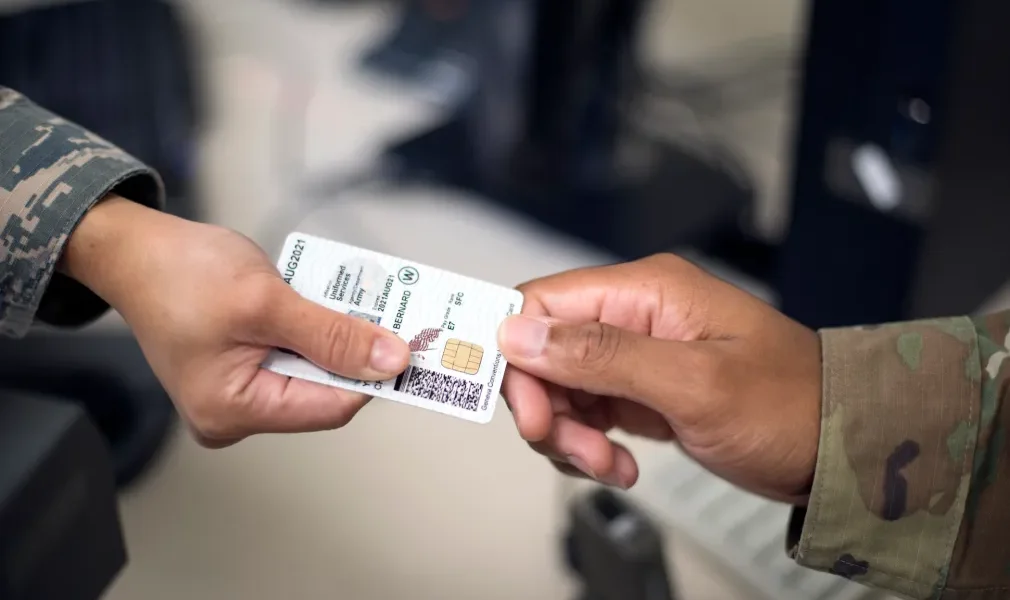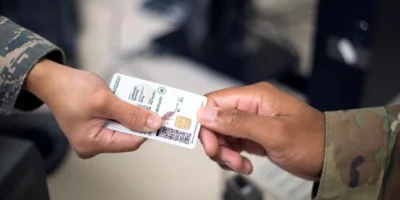Understanding ACS in the Army
Army Community Service (ACS) provides support to soldiers and their families. It’s a crucial resource. The organization aims to foster resilience and readiness. Broadly, ACS helps families adjust to military life.

Among its many roles, ACS focuses on financial readiness. This involves offering guidance to soldiers on budgeting and savings. They provide financial counseling. Workshops are common. These cover topics from buying a home to managing debt. The goal is to ensure soldiers and families are financially literate.
Employment Assistance
ACS extends services to help with employment. This is especially vital for spouses. Military life often requires frequent moves. Finding a job can be challenging. ACS hosts job fairs and provides resume workshops. They connect individuals to local employment resources. Networking opportunities are offered. The aim is to ease the job search process.
Family Advocacy Programs
The ACS runs Family Advocacy Programs. They promote family wellness. These programs address a range of needs. Parenting classes are available. Couples can attend workshops. These focus on communication skills. The programs support healthy family dynamics. Prevention of domestic violence is a significant focus. ACS also offers intervention services when needed.
Relocation Assistance
Relocation is a part of military life. ACS helps make transitions smoother. They offer information about the new installation. This includes housing options and local schools. Welcome packets are provided. ACS also organizes orientations. Newcomers can connect with others. The aim is to reduce the stress of moving.
Army Emergency Relief (AER)
ACS administers the Army Emergency Relief program. AER offers financial assistance. This can be crucial in times of need. Loans, grants, and scholarships are available. Support covers unforeseen expenses such as travel or funerals. AER ensures soldiers and their families have a safety net.
Volunteerism and Community Engagement
Volunteering is strongly supported by ACS. Opportunities abound for those looking to give back. Volunteers assist in various programs. They gain valuable skills. This can be a step towards employment. Community engagement is encouraged through events and initiatives. ACS builds a sense of belonging among soldiers and families.
Survivor Outreach Services
Support doesn’t end when tragedy strikes. Survivor Outreach Services (SOS) help families of fallen soldiers. They provide emotional support and resources. SOS offers a long-term connection. Families are not left to navigate loss alone.
Exceptional Family Member Program (EFMP)
ACS assists families with special needs through EFMP. The program ensures that special needs are met. They help with housing and medical requirements. EFMP support aligns with the wider mission of ACS. Ensuring every family member has the necessary resources is a priority.
Deployment and Mobilization Support
Deployment brings unique challenges. ACS prepares soldiers and families. They offer pre-deployment briefings. Support groups help families cope during deployment. Reintegration programs assist soldiers returning home. Communication is a key focus area during deployments. ACS ensures families can access the support they need throughout the process.
Information and Referrals
The ACS information and referral program connects individuals to community resources. Whether a family requires specific services or general information, ACS facilitates these connections. The aim is to empower families to find their own solutions.
Conclusion
Army Community Service fulfills a vital role. By supporting soldiers and families, they bolster the Army’s mission. ACS is an integral part of military life, ensuring well-being and readiness for the challenges it brings.
Recommended CAC Readers
Looking for a reliable CAC reader? Here are our top picks based on extensive testing and user feedback:
Best Overall: SAICOO USB CAC Reader
The SAICOO is the most popular CAC reader on Amazon, with thousands of positive reviews. Works with Windows, Mac, and Linux. Plug-and-play with no drivers needed for most systems.
Best USB-C: IOGEAR GSR205
For MacBooks and modern laptops with USB-C ports, the IOGEAR GSR205 is TAA compliant and works flawlessly with government systems. 3-year warranty included.
Best Portable: 5-in-1 Folding CAC Reader
Perfect for travel and remote work. This compact reader folds to fit on your keychain and supports both USB-A and USB-C connections plus SD card slots.
As an Amazon Associate, we earn from qualifying purchases at no additional cost to you.




Subscribe for Updates
Get the latest articles delivered to your inbox.
We respect your privacy. Unsubscribe anytime.